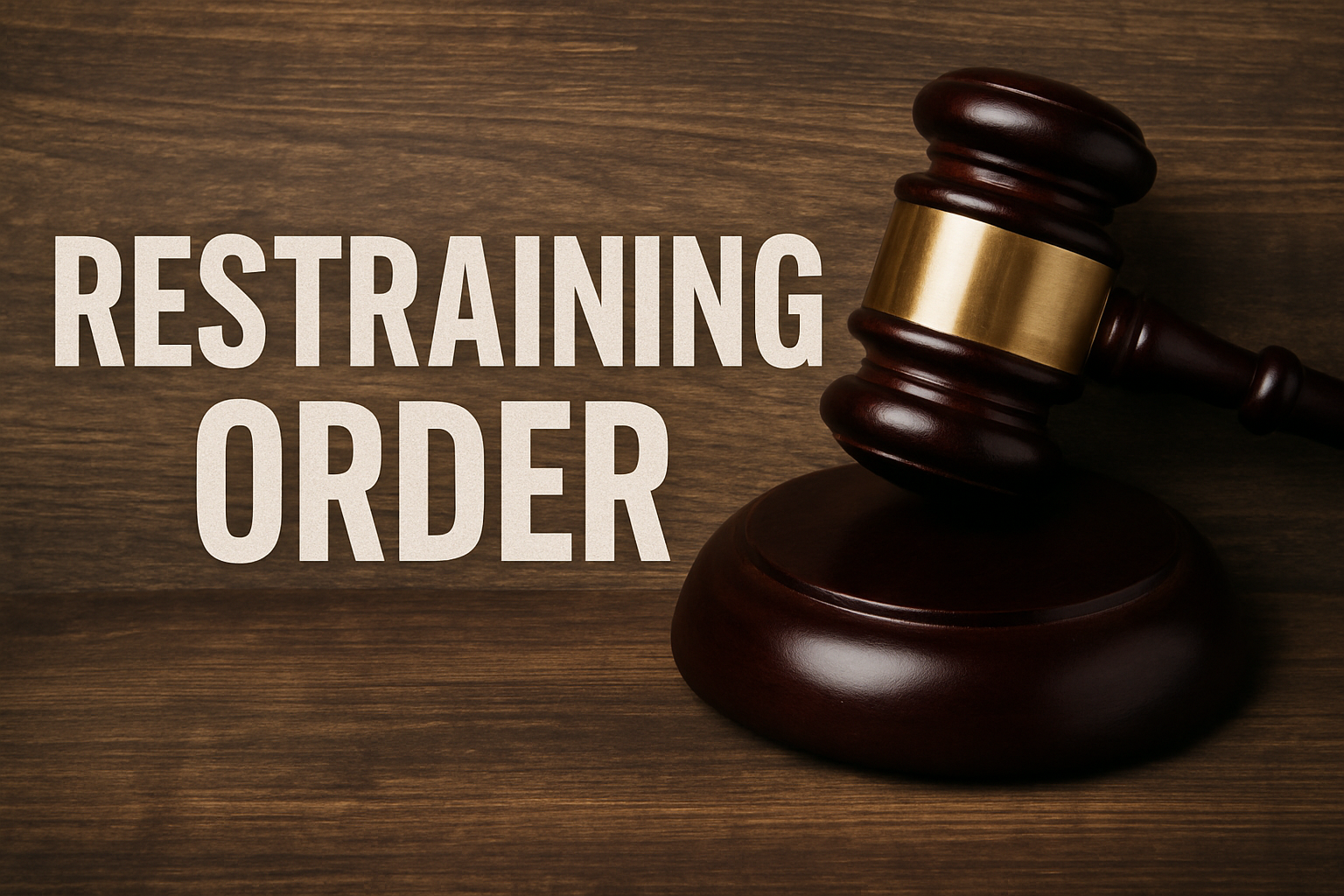Thinking about reconciliation?
Ariel Peres, Esq. | 18-Feb-2024
Considering reconciling? Reconciling can make sense for some couples and for some, it does not...
Considering reconciling? Reconciling can make sense for some couples and for some, it does not. Sometimes reconciliation can have a drastic financial impact (beware the bait and switch, see below!). I've had consultations where it became clear to me that a few simple fixes may do the trick.
For example, one client in his initial consult mentioned his wife had said she did not feel like she was a priority to him. His initial plan was to meet with her at 8:00 a.m. at a coffee shop to "discuss things." I suggested that instead he should try to keep things light and invite her to a winery and hiking (two activities she has interest in). No kids-- just them and see how it goes. It went well! They are still together a year later and in a much better place. However, this is only one example where a thoughtful date changed the tone, and there are often much more complicated factors to consider.
What are the underlying reasons for the separation? Take a minute and figure out why things went sour. Issues such as infidelity, abuse, or addiction can impact the feasibility of reconciliation. Can the underlying problems actually be addressed, including through counseling? Have you already tried therapy and gotten nowhere? If there is lack of trust or safety, divorce may be the most appropriate next step. If someone is threating your safety then reconciliation should never be an option. If you are staying together for your kids, but there is domestic violence present through verbal or physical abuse, you will do more harm if your children are witnessing this behavior.
Is your partner serious about it? Can they really change? Often when reflecting on this decision while separated or spending time apart, it's easy to reminisce about the good times had together. You may also be sad to be apart, or lonely and I get that. These are major changes to go through; you have to have a support system during this time and you have to be kind to yourself. Marriage is familiar and can be a sort of emotional comfort blanket. However, if you reconcile and especially if live together again, the feelings and excitement of missing one another wears off. People get comfortable, and the same patterns of behavior that led to separation often emerge, even if they first appear to have been addressed. It takes careful consideration and clear thinking to make the right judgment. There's an old saying: they always come back. And when they do, people can change and may seem better for a couple of months, but you have to make sure that it's not just a temporary fix.
Should you consider a trial period? It may be worth a trial period of reconciliation, even as long as a year. However, you must consider whether your partner may have ulterior motives. If you are married for close to or over 10 years and you make more income than your spouse, you will likely owe your partner spousal support for potentially life (unless your partner remarries) in California. If you are married for decidedly less than 8-10 years, spousal support will likely be owed for only half the length of the marriage (for example, 3 years of support following a 6-year marriage). With this in mind, you should be aware that your partner may have significant financial incentive to do a fake reconciliation to get close to that 10-year/and or long-term marriage mark. Will they take out a credit card or personal loan after you reconcile? You may be on the hook for that debt depending on the circumstances. Remember, debts are split as of the date of separation and once you reconcile, that clock starts back up. Beware the bait and switch!
If you have children, how should that affect your decision? If you have younger kids, reconciliation may make a lot of sense as divorce has a big impact on kids. On the other hand, if you are in a very dysfunctional relationship, that may be worse and have a more negative impact on children than separation. Children removed from that negative environment are more likely to do better after a divorce. And, in their own relationships one day, they are more likely to understand that dysfunctional relationships are not healthy and they are less likely to tolerate that type of behavior. Each situation is different and all factors, including family dynamics, should be considered.
Overall, you should assess you and your partner's ability and willingness to communicate openly and honestly about concerns. If there is a genuine willingness to work on issues, reconciliation may be a viable option. However, if there is a breakdown of communication, divorce may be a more viable solution. Really ask yourself: is this the life I want to live?
Disclaimer: This article is for general informational purposes only and does not constitute legal advice. Reading this article does not create an attorney-client relationship between you and the author. You should consult with a qualified attorney for advice specific to your individual situation.
Recent Blog Posts
Peres Family Law is here to provide you with personalized legal solutions tailored to your unique situation.
Whether you're facing complex divorce proceedings, custody disputes, or navigating spousal and child support agreements, our dedicated team is here for you.
Our goal is to empower you with the knowledge and confidence necessary to navigate the complexities of family law with ease and peace of mind.

What our clients say





